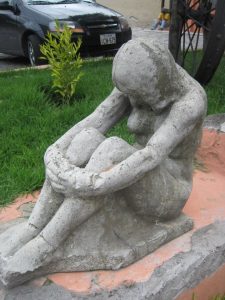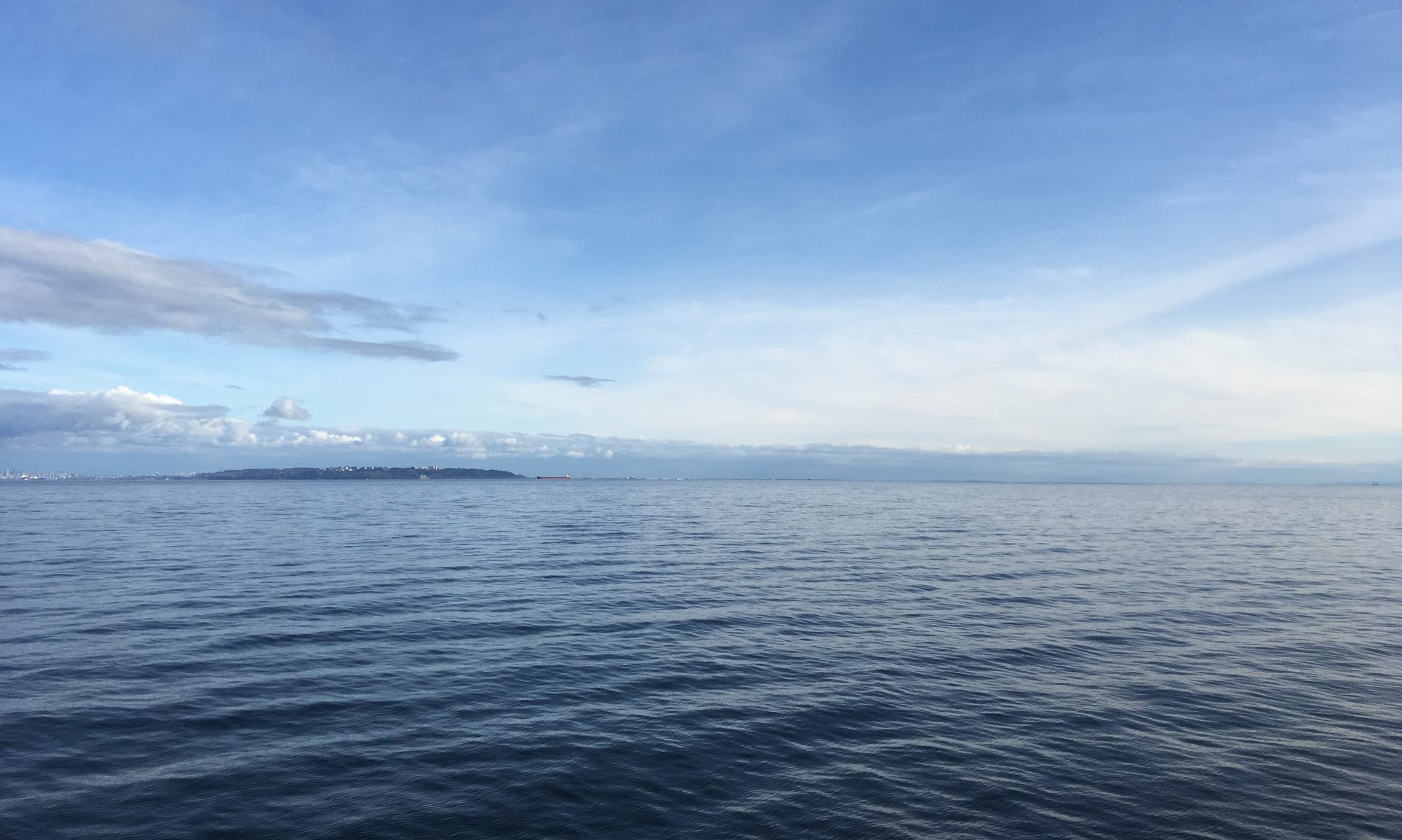Closing Reflections

This a framing reflection based on my experience taking Liberal Studies 200, the secondary core course required for the LSBA degree program at Capilano University. This semester, Liberal Studies 200 was composed of six modules, each of them introducing my classmates and I to a different element of the interdisciplinary research process. This reflection will articulate some of the tools and insights I’ve gained through the completion of this course and will also frame the way that the methods I’ve learned in this course have shaped my emerging sense of the research process, specifically in relation to my future tutorials and graduating project, and my academic sense of self.
The semester opened with our class being asked to produce a paradigmatic affiliation statement. This was a powerful exercise, for me, because it added purpose and meaning to all the following exercises and assignments. Understanding the theoretical or epistemological underpinnings of research is vital to interdisciplinary studies and I thought this was an excellent way to clarify the distinctions between the different paradigms of research (scientific, interpretive, and critical) and to identify our individual learning styles and areas of interest at the outset of the course.
Through hands-on experience, we learned how to conduct interviews following professional and academic guidelines, how to conduct observational, qualitative research (through the observation, interpretation, and analysis of a fellow student hand-drawing a map of campus), and how to conduct primary source archival analysis. Finally, we were asked to compose a literature review on a topic related to our archival analysis in order to compile our research into a digital research folio which we were asked to upload to our ePortfolios in order to showcase our work. I think that the digital research folio could have been a whole course unto itself and that being more intentional with my first couple of assignments would have strongly benefitted my final project. In any case, all the course readings and exercises were worthwhile because they left me with empowering information and skills.
This course has helped me to frame my entire undergraduate degree in a different way. I have found it significantly easier to explain to others what I’m doing when I’m conducting research as I’ve been given a substantial vocabulary to discuss the research process with. The concepts and terms we learned have also helped me to dedicate time in a different way. I am able to break large research questions and tasks up into smaller, more manageable ones with more ease now and this is helping me to achieve higher quality research outcomes.
My favourite modules were the second (Asking Questions) and third (Making Observations) where we conducted interviews and observational, qualitative research. I found these fascinating ways of gathering and assembling knowledge and I believe I will try to incorporate them into my tutorial process and graduation project in some way to prepare me for a Master’s degree program which involves qualitative research. My previous experience in Anthropology courses have left me with an interest in ethnographies and I could see myself working on research in that realm in the future.
